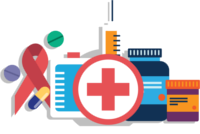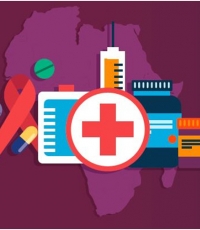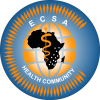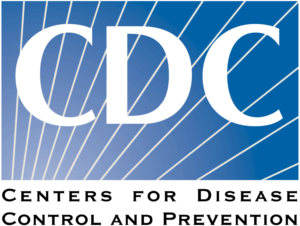
According to the Semi-Annual Report, the first six (6) months of the implementation of the Southern Africa Tuberculosis and Health Systems Support (SATBHSS) project has recorded positive progress by putting in place systems that are a pre-requisite for facilitating smooth project implementation at country and regional level during the five (5) year project period.
The SATBHSS project was launched in Maputo Mozambique in December 2016 and is funded by the World Bank (WB) at a total cost of US$ 122 million with the aim of strengthening the health sector’s response to Tuberculosis and Occupational Lung Diseases in four countries: Lesotho, Malawi, Mozambique and Zambia. The Semi-Annual Project Progress Report highlights some of the key areas of intervention from January to June 2017.
Below is a summary of three areas of progress during the reporting period;
1.Innovative Prevention, Detection and Treatment of TB: Some of the notable interventions that have been implemented, such as, community sensitization meetings on TB and occupational lung diseases; development of job aides and mentorship tools to assist health care workers in their day to day work; provision of supportive supervision to facilities to review progress and also provide on-site support as part of mentorship; review of sputum collection points mapping; establishing of new sputum collection points; conducting annual district open days; orienting health workers in systematic TB screening, among others. The project has initiated plans to review the implementation of harmonized guidelines for TB management in order to enhance cross-border referrals and management of TB. Strategic capacity building for the management of Multi-Drug Resistant TB (MDR-TB) is also on-going.
2.Regional Capacity for Disease Surveillance, Diagnostics and Management of TB and Occupational Lung Diseases: Some of the notable interventions that have been implemented under this component include external quality assessments of microscopy and expert sites; preparatory work on the procurement of specialized equipment; supporting transporting of appropriate samples to culture and drug susceptibility testing (C&DST) sites; refresher trainings for microscopists on External Quality Assurance among others. Over 100 health workers were trained on various courses including research, laboratory mentorship and audits as well as MDR-TB management.
3.Regional Learning and Innovation and Project Management: Under this component interventions implemented include those aimed at enhancing and strengthening operations research and knowledge sharing; establishing centres of excellence in TB and occupational lung disease control; strengthen regional coordination, policy advocacy and harmonization. Over 10 operational research studies have been developed at regional and countries’ level which are expected to generate new knowledge to inform policy, practices and programming in the region. Communities of Practitioners have been established and now operational with interaction and rich technical discussion ongoing among the regional and international experts. Countries completed the development of concepts for that will see the establishment of innovative programs as Centres of Excellence.
Tremendous progress has been recorded on the project so far. For more technical information please read the SATBHSS Semi-Annual Report.






